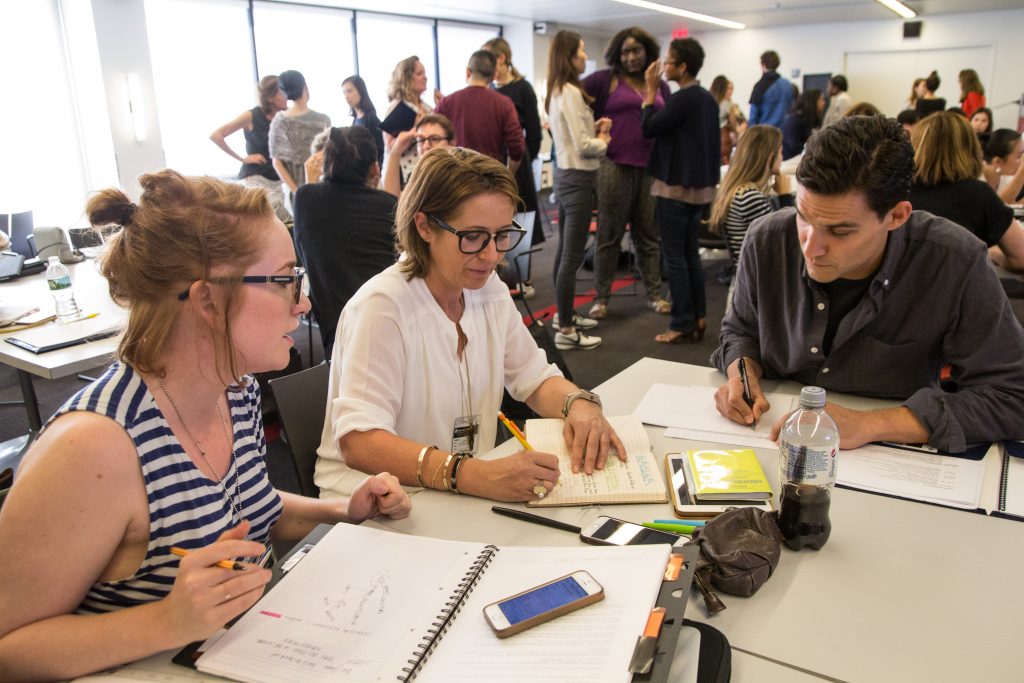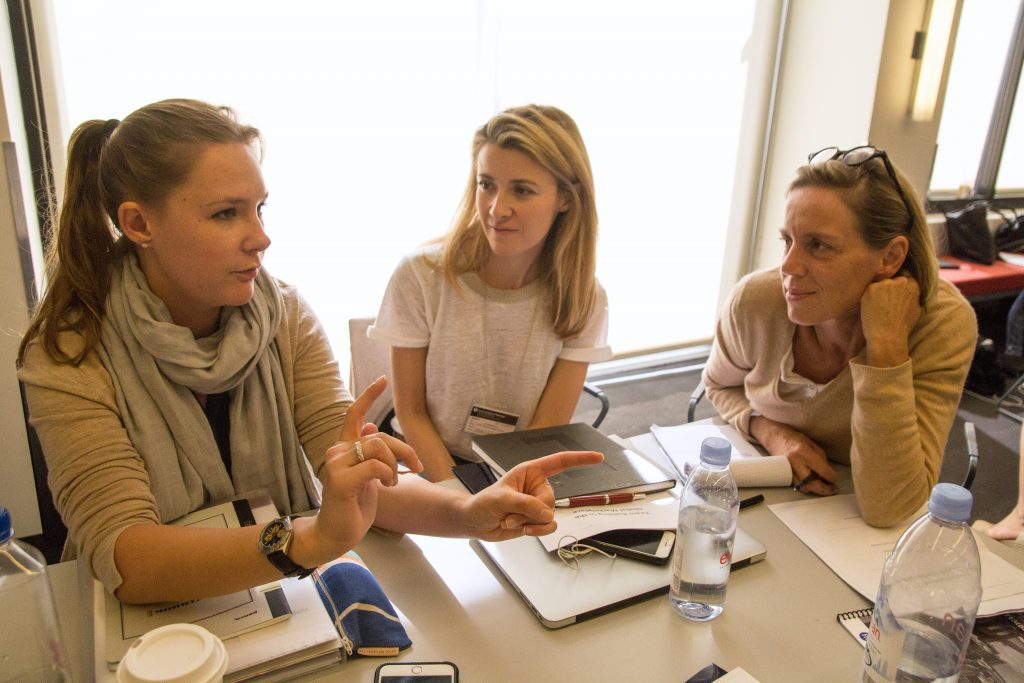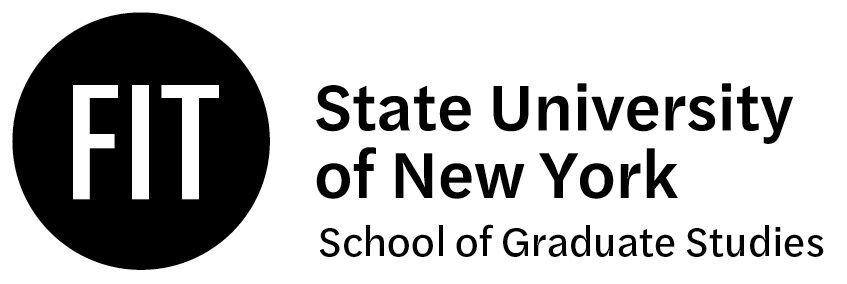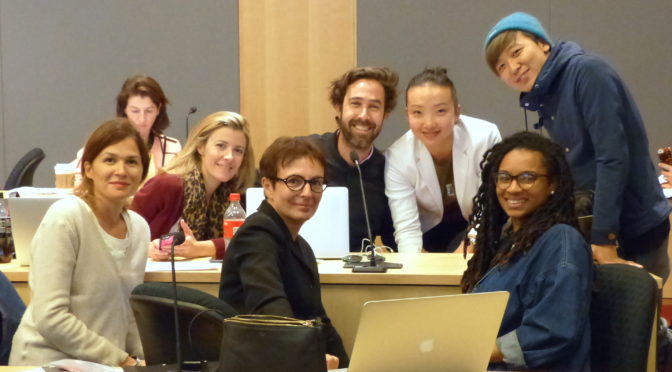By Bob Greene, MS
Leadership and Team Development Coach and Consultant

Students in the Graduate Fashion Management (GFM) program are developing as leaders who can innovate successfully in the ever-changing global fashion industry. Today’s and tomorrow’s leaders need to be successful not only when problems are routine or primarily technical, but in uncharted territory, where learning and creativity are essential. Ronald Heifetz and his colleagues talk about the need for leadership that can successfully meet “adaptive challenges” in addition to more “technical problems.” In The Practice of Adaptive Leadership, they write that “[i]n an increasingly flat, globalized third-millenium world, where innovation occurs so quickly, just having the best product at any moment in time is not a sustainable plan.” (p.21) Companies and leaders are being challenged to shift how they have operated in the past and embrace a new emphasis on relationship-building and engaging with complexity and change.
Amy Edmondson suggests that “teaming” embodies the mindset and skills required for the global marketplace. In contrast to previous perspectives that saw teams as static and long-lasting, Edmondson emphasizes today’s workforce may participate on numerous teams that change their membership over time for different projects. Edmondson talks about teaming as a verb, and that people must learn team skills that they can carry from team to team, project to project. And, of course, many of these projects will be adaptive challenges rather than routine, technical, problems, so it’s vital that learning is a central quality of effective teaming. Edmondson, as well as Heifetz and his colleagues, say that leaders must focus on bringing out the best in others, rather than simply rely on command-and-control.
GFM students have a remarkable opportunity to learn and practice teaming skills as they work on three different case study teams and take on real-world challenges that don’t have easy answers and require creativity. During my workshop early in the New York City seminar, I encourage GFM students to pay attention to how they are teaming and what they are learning from the process. Ideas and tools for effective teaming that I introduce include:
- The importance of intentionally getting to know who is on the team;
- Developing clear and shared expectations upfront;
- Recognizing the challenges of working cross-culturally and how easy it is to act on assumptions that may not be correct;
- Various approaches to preventing and resolving common team issues; and
- The essential role of team self-assessment to promote learning that can be carried forward to each new team experience.
Hopefully, GFM students will bring the skills and tools they use with their three case study teams to their workplaces—building on diverse perspectives and powering innovation.

—–
References:
- Edmondson, A. C. (2012). Teaming: how organizations learn, innovate, and compete in the knowledge economy (1st ed). San Francisco: Jossey-Bass; and Edmondson, A. C. (2012, April). “Teamwork on the Fly” Harvard Business Review.
- Heifetz, R. A., Linsky, M., & Grashow, A. (2009). The Practice of Adaptive Leadership: Tools and Tactics for Changing Your Organization and the World (1st ed.). Harvard Business Press.
Learn more about Bob Greene’s coaching and consulting work and follow his blog, “With This in Mind” at www.BGCoach.net.

